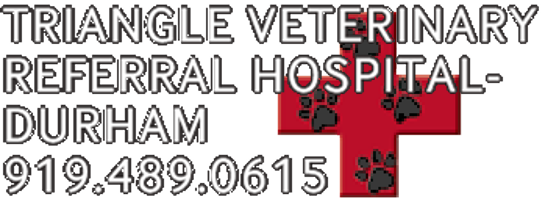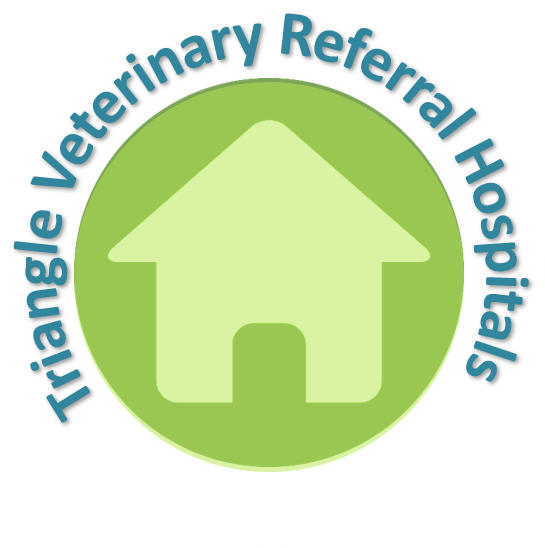Do you own a Doberman Pinscher, Boxer, Great Dane, Irish Wolfhound, Cocker Spaniel, Newfoundland or St. Bernard? If you do, your pet is at risk for developing a heart muscle disease called cardiomyopathy. Cardiomyopathy can affect dogs of any age, but it is most common in middle-aged or older dogs. Dogs can be affected by cardiomyopathy and show no outward signs or symptoms until the disease has become severe. Signs the dogs with cardiomyopathy may show include a heart murmur, abnormal heart rhythm, cough, rapid or labored breathing, fainting or a distended abdomen. A veterinary cardiologist can help by screening at risk dogs with an echocardiogram (ultrasound of the heart) and/or 24 hour ECG monitoring (called a Holter monitor). Early diagnosis of cardiomyopathy allows early treatment that can slow the progression of the disease and increase the quantity and quality of your dog’s life.
If you have a dog that is at risk for cardiomyopathy, talk to your primary care veterinarian about routine screening for cardiac disease and how a veterinary cardiologist could be involved in your pet’s care.





